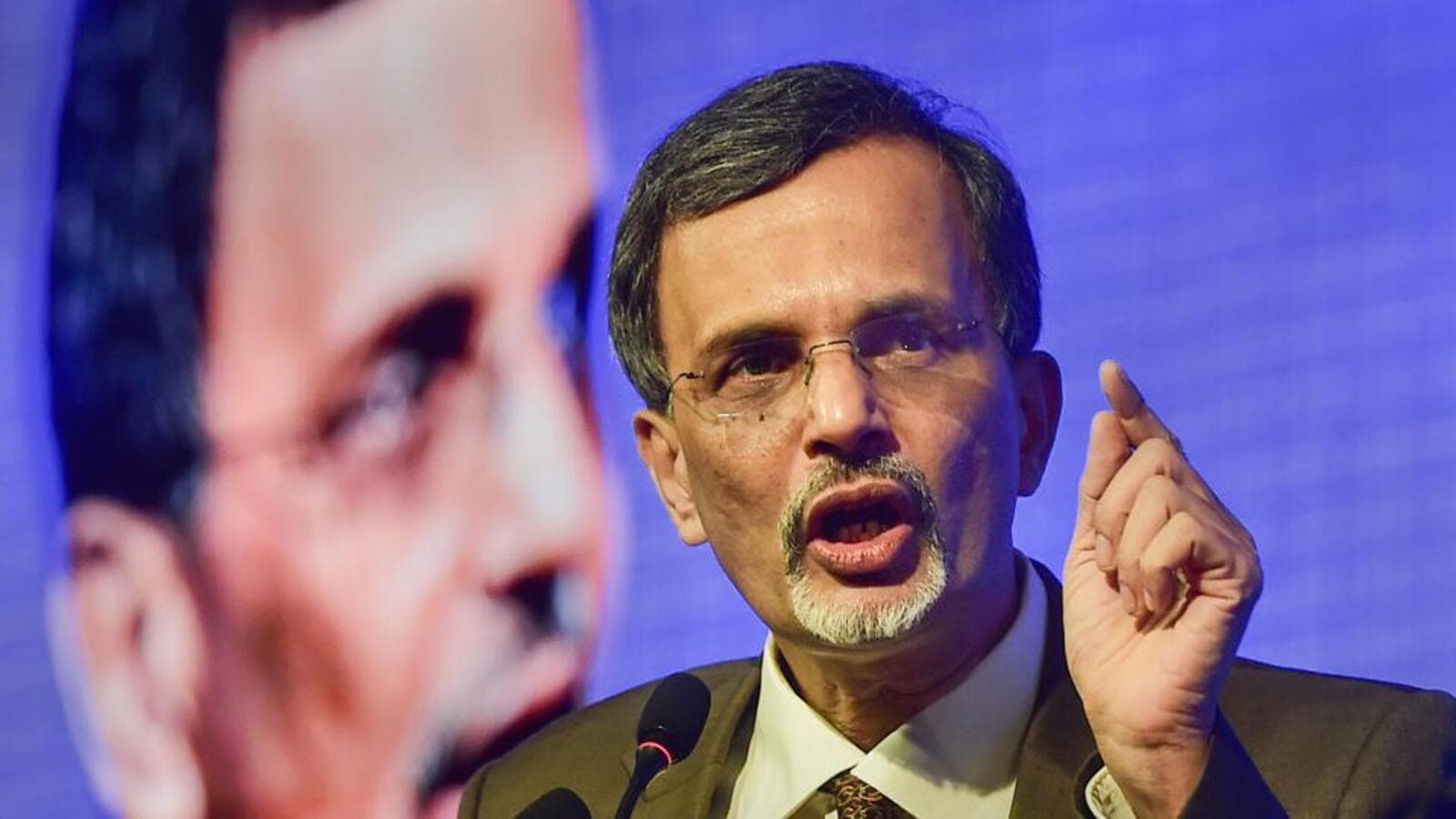November 18, 2023
Concerns Raised by India’s Chief Economic Adviser

Assessing Governance: The Worldwide Governance Indicators
- India’s Chief Economic Adviser recently spotlighted concerns surrounding the use of the World Bank’s Worldwide Governance Indicators (WGI) within credit rating assessments, particularly in the context of emerging economies. These indicators, released by the World Bank, present a ranking of 215 countries and territories based on six key dimensions of governance.
Understanding the Worldwide Governance Indicators
- The WGI, designed to offer a comprehensive assessment tool, evaluates governance across various parameters, including “Voice and Accountability,” “Political Stability and Absence of Violence,” “Government Effectiveness,” “Regulatory Quality,” “Rule of Law,” and “Control of Corruption.” These dimensions aim to assist analysts and researchers in discerning overarching trends in governance perceptions globally.
- The World Bank’s compilation process for these indicators is robust, drawing data from over 30 reputable entities, including think tanks, international organizations, non-governmental bodies, and private firms. Initiated in 1999 by two World Bank researchers, Daniel Kaufmann and Aart Kraay, the WGI undergoes annual updates in September, reflecting evolving governance dynamics.
Insights into the World Bank and Its Mandate
- Established in tandem with the International Monetary Fund (IMF) during the 1944 Bretton Woods Conference, the World Bank serves as a crucial international financial institution. Primarily focused on supporting low and middle-income/developing countries, it extends loans and grants to facilitate capital projects.
The World Bank Group comprises several arms, each with distinct functions:
- International Bank for Reconstruction and Development (IBRD): Extends loans, credits, and grants.
- International Development Association (IDA): Provides low or no-interest loans to low-income nations.
- International Finance Corporation (IFC): Offers investment, advisory services, and asset management to private entities and governments.
- Multilateral Guarantee Agency (MIGA): Mitigates political risks such as war for lenders and investors.
- International Centre for the Settlement of Investment Disputes (ICSID): Focuses on settling investment disputes, though notably, India isn’t a member of this institution.
Conclusion
- India’s concerns over the reliance on the WGI within credit rating evaluations, especially for emerging economies, underscore the significance of critically evaluating governance assessment methodologies. Understanding the nuances of these indicators within the broader framework of global financial institutions like the World Bank is crucial for informed policy decisions and international economic assessments.
Daily Gist : The Hindu/Indian Express : 30 Jan 2025
January 30, 2025
Gist of editorial : the Hindu/ Indian Express/20 Jan 2025
January 20, 2025
Daily the Hindu/ Indian Express Editorial Gist: 14 Jan 2025
January 14, 2025
